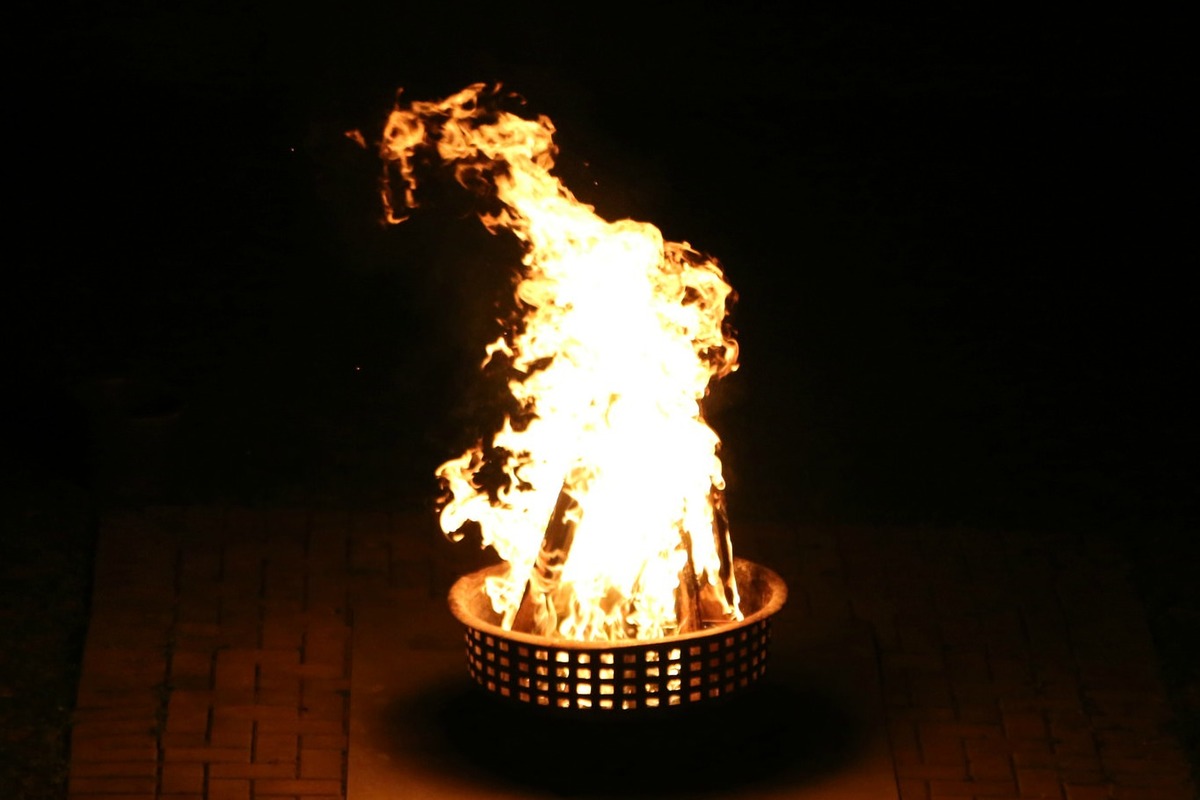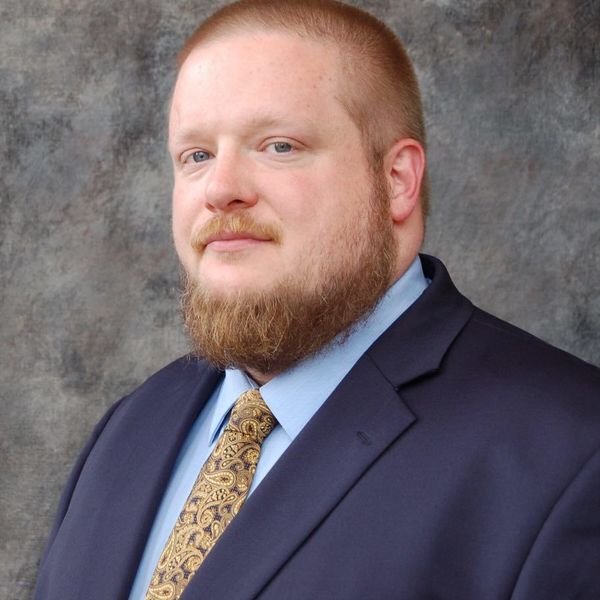“By coming into this world our Lord Jesus Christ wished to bring holiness within the reach of all….For this end He provided certain means to fill up all their deficiencies, and supply all their needs in the supernatural order. These wonderful means of sanctification are the Sacraments. Their outward signs harmonize admirably with the grace which they contain, and with the effects which they produce. By their means, in a truly divine order of things, [created things], which have so often captivated [us] and drawn [us] away from God, become instruments for bringing [us] back. – Abbess Cecile Bruyere O.S.B.”
One of the central paradoxes of human life is that it is the good things of this world that lead us astray, not the bad. No one gets fat because food tastes nasty, no one hoards things because they take up room, no one engages in sexual promiscuity for the STDs.
No, it is indeed the case that food often tastes good, stuff is often cool, and sex is often pleasurable. And yet, look at the problems they cause us, the anxiety they stir in our hearts, the harm they cause our bodies. If only food was always nasty! If only stuff was always worthless! If only sex felt always terrible!
This is not a uniquely Catholic perspective about human life—this is the lot of us all. The things we enjoy will be the things that cause us misery and grief. We can enjoy them in the moment it seems, but must pay for them later. If we find things that are truly pleasurable, highly refined, and lack the drawbacks other lower things contain, then they are notoriously hard to get, and exceedingly fleeting. So we settle for easy things that are effortless to acquire, but have the most terrible consequences attached to them.
Human reason has attempted solutions to this problem on its own, inventing theories of dealing with this situation ranging from the Manichean (all material things are evil and are to be shunned) to the Stoic (all material things are inconsequential and to be ignored) to the Epicurean (all we really have in this world is material things, so eat drink and be merry, for tomorrow we die!). But no matter how we attempt to approach this predicament, we cannot escape the overwhelming feeling that the goods of this world are, at best, sifting through our hands, or at worst, in open rebellion against us.
Thus, in response to this reality, God has answered this stubborn puzzle of human nature in a manner supremely fitting.
In theology, fittingness is a special term. It is distinct from saying something is necessary, which may seem odd to us. Even odder to our pious ears, it is truly the case that the sacraments are not necessary, but instead are “only” fitting.
For good Catholics, nothing could seem more “necessary” in their life than the sacraments, and any good priest will tell you that the sacraments are “necessary” for salvation. On one hand (what theologians call moral necessity), nothing could be more true—the sacraments are the life blood of every Catholic, indeed, of the Church Herself. When Jesus Christ graced our world with His presence in the Incarnation, He gave us the means to be incorporated into His Body, the Holy Catholic Church, and He instituted the sacraments as the perfect and morally necessary way to take part in His great gift.
But in this theologically technical sense (what theologians would call metaphysical necessity), necessity has a precise definition: something that is necessary cannot help but be the case. Necessity is reserved to talk about something that could not be any other way. So when we say that a false statement is by necessity a statement that is not true, we are talking about things on the level of possibility and impossibility, of foundational distinctions, of the very fiber of the world’s existence.
The fact of the matter is that the sacraments are not necessary in this sense, quite simply because salvation itself is not necessary. It could have all happened a different way—first of all, Adam and Eve could have not sinned, but even more so, after our fall from grace, God could have not saved us. God does not owe us salvation, just as God does not owe us our existence. God does not owe us anything.
And yet, God does make us exist, does offer us salvation, and does provide us all the means we need to reach that Salvation. These are all fantastically unmerited gifts from a God who has no self-interest in giving them to us. They are truly free gifts because, though the sacraments are necessary to us for our salvation, they are not necessary to God in the least bit.
But why is this distinction important at all? For starters, it answers one of the profound questions that have troubled the Western mind about God for centuries, and that is nothing to take lightly.
Most famously expounded by Socrates in Plato’s dialogue The Euthyphro, the question goes like this: are the commands of God good simply because He commanded them, or does God command what He does because they are good on their own. If it is the former, then it is hard to imagine God as anything but a tyrant, whose commands we obey by His sheer force of will. If it is the later, then something else is higher and outside of God, something that we owe more allegiance to than God, which renders Him nothing better than a middle-manager in terms of morality.
In revealing Himself in Jesus Christ, God has given a definitive solution to the problem: God is the good that He wills for us. In willing Himself as our highest good, and revealing the commands by which we can attain this goal, communion with Him, God resolves both sides of this tension between will and reason. What God commands is what is best for us, but what He commands is not exterior to Himself, because it is nothing more than communion with Him.
This matters in terms of the sacraments for a similar reason. Too often, people look at the commands of the Church and see them in an arbitrary or reductive light. On one hand, the sacraments are seen as the codified rules of a Church who stands in the way of an individual’s relationship with God, and on the other hand, they are seen merely as instructional guideposts, signs that point to an un-enchanted moral code.
Instead, the sacraments are the fitting actions of a God of Love, whose love is self-effusive, whose love is teeming, radiating from its source, a love that “runs over the cup” of the “vessel” that contains it. So the things that God binds us to in moral necessity, for the good of our Salvation, He does so Himself with metaphysical freedom. In the sacraments, we see that the Holy Trinity is both a God of Love and Reason, all at once. He creates the sacramental order out of fittingness, out of no sense of bondage on His part. God is not bound by some code higher and outside Himself, nor does He do things at a mere whim.
The Church then, as the Body of Christ, is constituted by this deliberate, rational, and loving action of God. The sacraments must therefore be more than mere rules for initiation or figures for guidance enacted by some ordinary organization. Instead, they are the one and true answer to our question-laden existence, the necessary balm for all our ills, precisely because they are not necessary for God!
Thus it is the case that God has revealed to us, in and through Jesus Christ and His Church, the most fitting answer to the problem we human beings find ourselves immersed in. Our problem, as we noted at the start of this reflection, is not that we have fallen to enemies outside God’s reach. Instead, we have taken the good things of creation, and used them badly, to our own demise.
It would not be fitting for God to turn His back on the world, because it is His world. It would not be fitting for God to throw off the material realm as pure evil, because He made it good. It would not be fitting for God to strike us of our passions and desires, for He put them there, so that when they are well ordered, they may delight in what He made resplendent. It would not be fitting for God to strip us of our Free Will in order to save us, because He has made us in His Image, which is exceedingly, exceedingly good.
Therefore, it is most fitting that God would use those very things that lead us astray to save us: ourselves and the created world.
It is fitting that God would institute and reveal to us the Church's sacramental order as a ladder to reach Him, and that this ladder be not some alien quality in the midst of our everyday life, but that it be composed of those “mundane” things of creation, infused with His supernatural graces. Neither nature nor the Sacraments are the result of an impersonal governing force. Both are ruled by a loving God who knows what we need.
So God takes the water that we wash our faces with every morning, and blesses it so that it washes away sin. He takes the food we sustain our bodies with and makes of it the very thing that will sustain our souls. He takes oil that we anoint ourselves with for worldly purposes, and uses it to anoint us for ends we could not imagine on our own. He even takes our very sin, and uses it as the raw material for a transformation we could not ever deserve. In His Incarnation, and through the institution of His Church, Jesus Christ takes these good things of this world, and fills them with grace beyond measure.
The sacraments are the one and only fitting answer to the human condition. Through the sacraments, the created world no longer sifts through our hands, but aids us in reforming that which is immortal about us, our souls. Through the sacraments, the created world is no longer in open rebellion, but becomes our greatest ally, aiding us in our journey to our one, true, and eternal home.
So when you look at your life, and do not fret that the pleasures of this world are infected with fleetingness and pain. Do not fear. In the sacraments, God has provided an answer to our most basic conundrum, and provided a means for a return to the harmony and peace we all faintly remember from our ancestor’s time in Eden, and that we all secretly hope for when we look at our souls and realize that they are made for heaven.
Featured Photo: Fr. Lawrence Lew, O.P; CC-BY-2.0.

